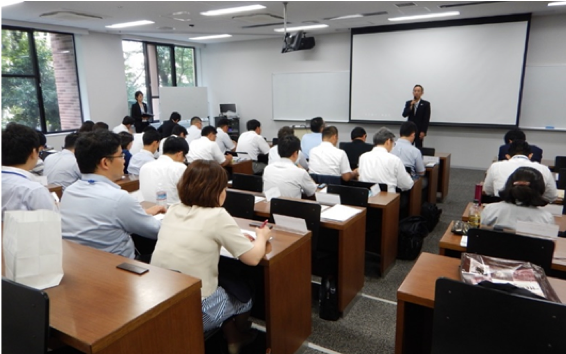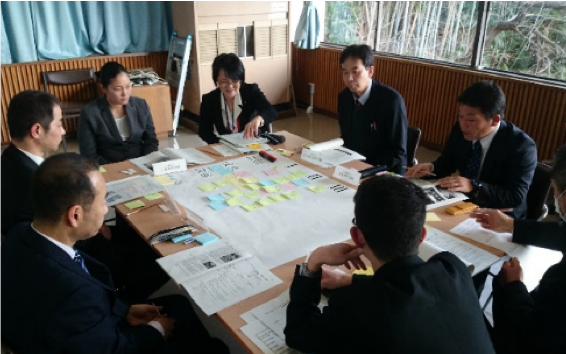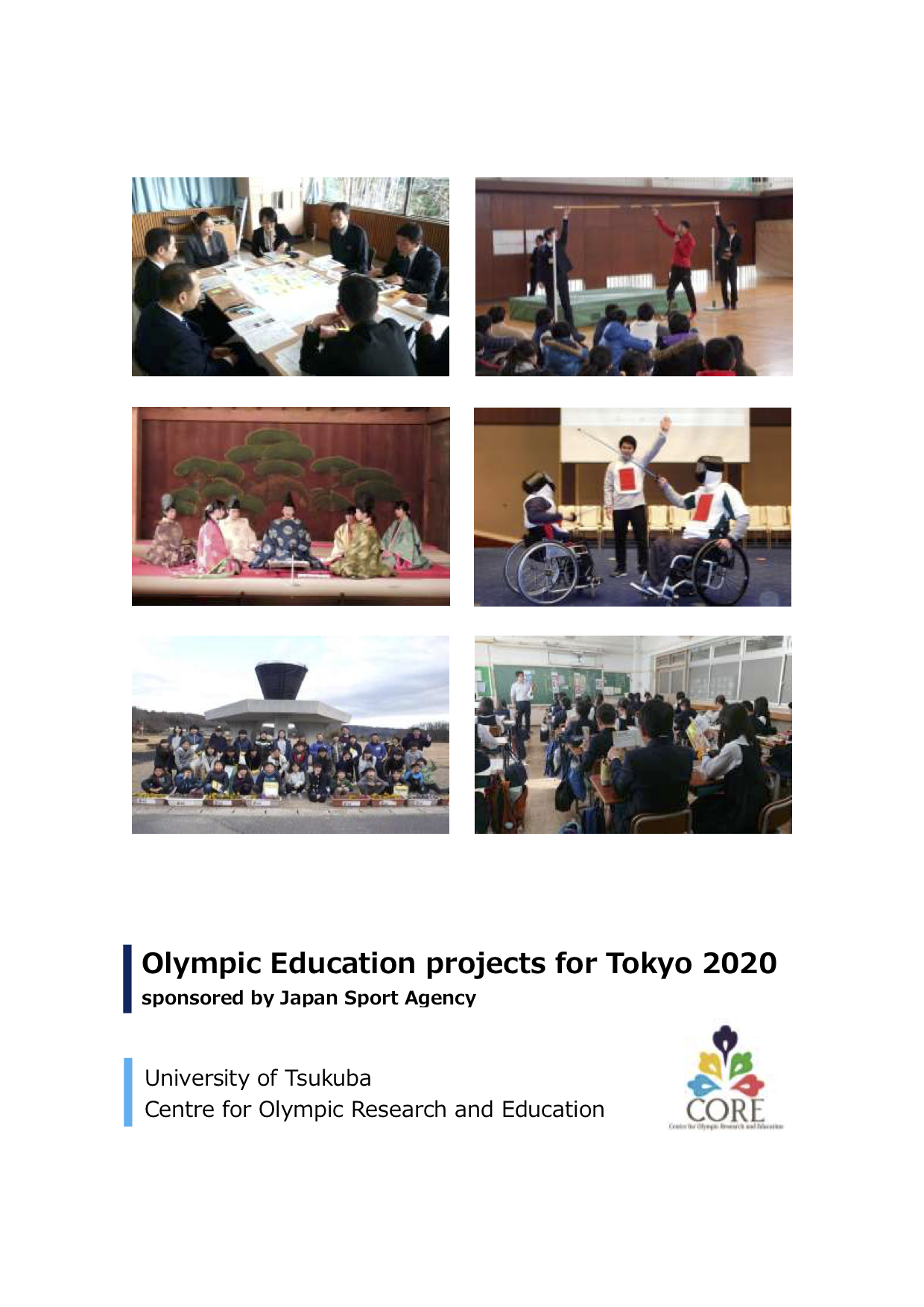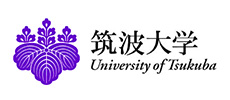Olympic Education projects for Tokyo 2020
Olympic Education projects for Tokyo 2020
1.Outline
The Olympic Games will be held in Tokyo for the second time since 1964. Japan’s basic policy (Cabinet decision on November 27, 2015) for the preparation and management of the 2020 Tokyo Olympic and Paralympic Games includes a promise that the government will nurture individuals who can contribute to global peace with an international perspective through the re-recognition of the value and effects of sports based on Olympic and Paralympic education, given the upcoming Games. Specifically, the plan is to improve the public’s understanding and interest in the significance, value and history of sports, Olympic and Paralympic Games, to establish, expand and nurture the independent participation of sports in the lifetime of many people including persons with disabilities and to promote the development of the qualities and abilities that are required of the youth in society in the future.According to the Council on Olympic and Paralympic Education (which met nine times between February 2015 and July 2016) of MEXT (Japan Sports Agency, since October 2015), the values of sports and the significance of Olympic and Paralympic education is defined as follows:
The Value of Sports
- Sports provide spiritual fulfilment, enjoyment and happiness, as well as the foundation for people to live healthy lives, both physically and mentally. Sports have the power to stimulate self-fulfilment and encourage self-change and serve as a strong force for creating change in society and the world.
The significance of Olympic and Paralympic education
- The values of the Olympics (Excellence, Friendship, Respect) and the values of the Paralympics (Courage, Determination, Equality, Inspiration) are crucial in promoting Olympic and Paralympic education.
- It nurtures individuals who can play an active role in achieving global peace and who are equipped with an international perspective through their recognition of the value of sports.
Specific Content of Olympic and Paralympic Education
- Learning about the Olympic and Paralympic Games (knowledge about the tournament, experience of the players, anecdotes, etc.).
- Learning through the Olympics and Paralympics (the value of sports, the cultures of participating countries and regions, inclusive societies, sustainable societies, etc.)
In light of these values, the Japan Sports Agency will work towards raising public interest in the Olympic and Paralympic Games for the year 2020. The agency has decided to promote Olympic and Paralympic education throughout the country and has established the ‘Nationwide Deployment Project of Olympic and Paralympic Movement’ to foster human resources that can contribute to global peace with international perspectives through recognition of the value and effects of sports.
*Source: Japan Sports Agency (http://www.mext.go.jp/sports/en/index.htm)
University of Tsukuba (CORE) commissioned this project in 2015 and has promoted Olympic and Paralympic education in schools and communities. A nationwide core hub council has been formed under the aegis of the Japan Sports Agency, and looking forward to 2020, relevant organisations* are examining the project. At the council meeting, the following five themes for ‘Olympic and Paralympic Education’ were chosen.
Themes of Olympic and Paralympic Education Set in the Project
-
To promote the significance and history of sport, the Olympics and the Paralympics
-
To train volunteers who embody Japan’s spirit of “hospitality”
-
To raise awareness about the inclusive society through sport
-
To cultivate the public awareness of Japanese culture and to promote intercultural, international understanding and diversity
-
To promote the interest, enjoyment of sport
*Japan Sports Agency, Cabinet Secretariat’s Olympic and Paralympic Room, TOCOG 2020, Tokyo Metropolitan Government, Japanese Olympic Committee, Japanese Paralympic Committee, The Nippon Foundation Paralympic Support Center, Nippon Sports Science University and Waseda University.
We have established a cooperative system with educational departments of various prefectures and cities, and we 1) hold training sessions for teachers, 2) support educational practice at promotion schools and 3) organise public fora for the general public. Details are provided in the following sections.
2.Training Seminars for Teachers
There are 67 municipalities in Japan (47 prefectures and 20 ordinance-designated cities). So far, University of Tsukuba has collaborated with seven municipalities, including Miyagi Prefecture, Fukushima Prefecture, Ibaraki Prefecture, Kyoto Prefecture, Kyoto City, Fukuoka Prefecture and Kitakyushu City, and is working to spread Olympic and Paralympic education not only in the host city Tokyo but also in the entire Japan.
Training seminars (before and after educational practice at promotion schools) are being offered for educational administrative officials and teachers in each municipality.
1) Training Seminars before Practices in schools
In Japan, as the educational board of each municipality has jurisdiction over the educational activities conducted at schools. At first, there is a joint seminar that targets supervisors in charge of this project in each boards of education. Then, there are training seminars for the teachers of the promotion schools in each municipality. The training seminars are held for teachers in charge from kindergartens, elementary schools, junior high schools, high schools and special needs education schools. The significance about the Olympic and Paralympic Education and related information as follows are shared.
- The History and Significance of the Olympics and Paralympics
- The Aims and Objectives of Olympic and Paralympic Education for Tokyo 2020
- Practical examples on local context
- How to utilize the Olympic Values Education Programme (OVEP)
- Other educational materials and tools of Japan Sports Agency, Tokyo Metropolitan Government, etc.
2) Meetings after Practices in schools
The seminars also occur after promotion schools have implemented Olympic and Paralympic education in practice. First, teachers from promotion schools in each municipality share results and challenges. After that, there is also a nationwide joint meeting for the representatives of each educational board. The main content is as follows.
- The introduction of Olympic and Paralympic education in each municipality
- Group-format report meetings by teachers of promotion schools
- Exchange of views on issues and improvements for the next year
In some meetings, a special program was held to motivate educators, and it included lectures by Olympic athletes associated with the region and trial sessions of a Paralympic sport.

Joint seminar at Univ. of Tsukuba

Teacher’s meeting in Kyoto Prefecture
3.Olympic education practices in promotion schools
In 2017, 176 schools from seven municipalities and 11 collaborative (attached) schools from the University of Tsukuba had participated in this project. The following sections introduce examples of distinctive practices.
1) Olympic education in school subjects and in integrated learning
Elementary school subjects prescribed MEXT are Japanese language, social studies, arithmetics, science, music, art and craft, home economics, physical education and independent research. From junior high school onwards, these subjects are further sub-divided but as there are diverse educational values in the Olympics and Paralympics, various educational activities are being developed in each subject at each stage of schooling.

Voting Mascots for Tokyo 2020

Worksheet for Understanding the Olympics

Experience of starting system of Ancient Olympic Games

Experience of Long Jump with halteres of Ancient Olympic Games

Experience of Blind Football for understanding impairment

Communicating with people with impairment through adapted table tennis

Playing Folk musical instrument Lessoned by Mongolian delegates

Understanding foreign culture by Japanese traditional playing cards: ‘Karuta’
2) Specific Events with Olympic and Paralympic athletes
Many schools have invited Olympic and Paralympic athletes to be external instructors, which offers opportunity for interaction with students. Students’ interest in the value of the Olympics and the Paralympics is raised by lectures and lessons.
With Olympic athlete of 400m Hurdles
With Paralympic athlete of Long Jump
4.Olympic Education Forum for the public
In this project, Olympic education is not restricted to targeted schools, but it targets the public in each region and not just in Tokyo, the Olympic host city. Since 2015, a total of eight ‘civic fora’ have been conducted to grow momentum to the Olympic movement across the country.
For example, Miyagi Prefecture which is still recovering from the Great East Japan Earthquake (tsunami) that occurred in March 2011, held a public forum titled, ‘Let’s liven up the atmosphere from Tohoku (the region including Miyagi)! To Everyone’s Olympic and Paralympic Games’. The event included reports on how schools are promoting Olympic and Paralympic education, lectures by Olympic and Paralympic athletes who have some connection with Tohoku and experiential sessions on fencing and Boccia in which citizens participated.
1)Report on Olympic and Paralympic Education Practices in Miyagi Prefecture Promotion Schools
The report from Ishinomaki Municipal Teizan Elementary School presented a perspective on how to relate the value of Olympic and Paralympic education to regular educational activities. The report included activities such as the creation of flower beds on the torch stand of the former national stadium preserved in Ishinomaki City and the educational activity ‘Challenge Tomorrow! School’, which encourages an understanding of sports for persons with disabilities, conducted in collaboration with the Japan Foundation Paralympic Support Center.
Ishinomaki Municipal Watanoha Junior High School introduced educational practices related to Olympic and Paralympic education on the subject of ‘Independent Watanoha Junior High Students! (Living with Dignity)’.
The condition of the school campus immediately after the Great East Japan Earthquake was discussed, along with reports on the reconstruction process, the athletic meet at the temporary schoolhouse and the school’s participation in ‘The Ishinomaki Reconstruction Marathon’.
2) Lectures by Olympic and Paralympic athletes
The lectures featured Kenta Chida (born in Kesennuma City, Miyagi Prefecture, 2012 London Olympic Fencing, Men’s Team Foil Event Silver Medallist) and Reo Fujimoto (affiliated with Miyagi Max Wheelchair Basketball Team, four consecutive participations in the Paralympics since the 2004 Athens Paralympic Games). They talked about their encounters with the sports, circumstances that led to their participation in the Olympic Games and Paralympic Games and reconstruction support activities through sports after the Great East Japan Earthquake.
After each lecture, a panel discussion was held on the theme of the ‘importance of developing emotional maturity as a human being especially when experiencing defeat’. The discussion also focused on being ‘a good loser’ as an important phrase for respecting others.
3) Fencing and Boccia Experiential Sessions
The participants were divided into two groups, and they spent 45 minutes each for fencing and Boccia. In the Fencing Experience Zone, Mr Chida Kenta was the lecturer. He explained the basic steps, weapons and armour. There was also a practical experience session conducted using the experience kit of the Japan Fencing Association. In the Boccia Experience Zone, the lecturer from the Japan Boccia Association explained the characteristics and rules of the competition as well as the use of assistive devices called ‘Ramp’. Afterwards, participants were divided into teams, and they competed in a match type game.
The forum allowed participants to become familiar with aspects of Olympic and Paralympic education and with fencing and Boccia, while also interacting with the athletes of Tohoku.












